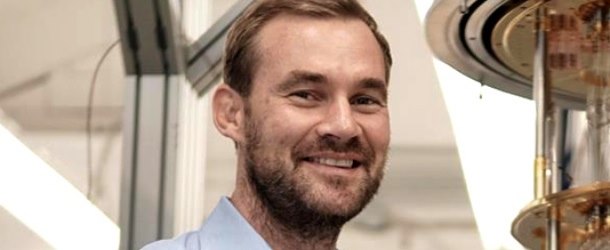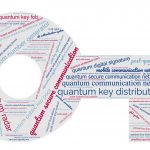Rigetti: Macro headwinds, lower deal proceeds are affecting long-term timeline

Rigetti Computing Founder and CEO Chad Rigetti admitted on his company’s first quarter earnings call that the firm was facing challenges related to macro headwinds, as well as not having as much working capital as it expected to have following its recent merger and IPO. The result will be a somewhat slower long-term development timeline.
“We now plan to introduce our 1,000-plus qubit system in late 2025 and our 4,000-plus qubit system in or after 2027,” Rigetti said, according to the Seeking Alpha earnings transcript. “This updated timeline and roadmap is based on several factors, which include the following considerations: First, higher than anticipated labor, equipment, and system component costs are leading to increases in the cost associated with system development. Second, market and supply chain conditions have hampered the timely availability of input materials for our machines. Third, our valuable working capital coming out of our business combination closing was lower than anticipated, which has limited our ability to absorb these increased costs and timing factors.”
The comments came as Rigetti Computing reported its first quarter earnings this week, a little over two months since it went public following a reverse merger with Supernova Partners II.
Like IonQ, which also posted Q1 numbers this week, Rigetti packaged a modest revenue posting with an intriguing announcement of upcoming new platform capabilities.
Rigetti achieved $2.1 million in revenue for the first quarter, slightly lower than the $2.4 million it said it earned during the same period last year. long before it went public via a reverse merger with Supernova Partners II.
“The year-over-year decline was due to the completion of the first phase of a large government agency project in the first quarter of 2021,” the company’s earnings release stated. “The second phase of this project is expected to begin in 2022.” Rigetti said it currently generates the majority of its revenues from development contracts with government agencies, and that this will continue to be the case “over at least the next few years as the company develops and grows its Quantum Cloud Services (QCaaS) business.”
Rigetti’s operating expenses also jumped year-over-year, coming in at $25.5 million for the first quarter this year, compared to $9.8 million for the same quarter last year. The increase was mainly due to higher research and development expenses and general and administrative expenses, the company said.
But Rigetti wanted to talk more than just challenges and numbers, and it used its first quarter earnings report as a teaser ad for upcoming new products, the first being the anticipated launch of a next-generation single-chip 84-qubit quantum computer expected in 2023, which Rigetti said will feature a “next-generation architecture designed for higher fidelity and higher connectivity.” The second product development is a 336-qubit multi-chip processor expected later in 2023.
Dan O’Shea has covered telecommunications and related topics including semiconductors, sensors, retail systems, digital payments and quantum computing/technology for over 25 years.




















